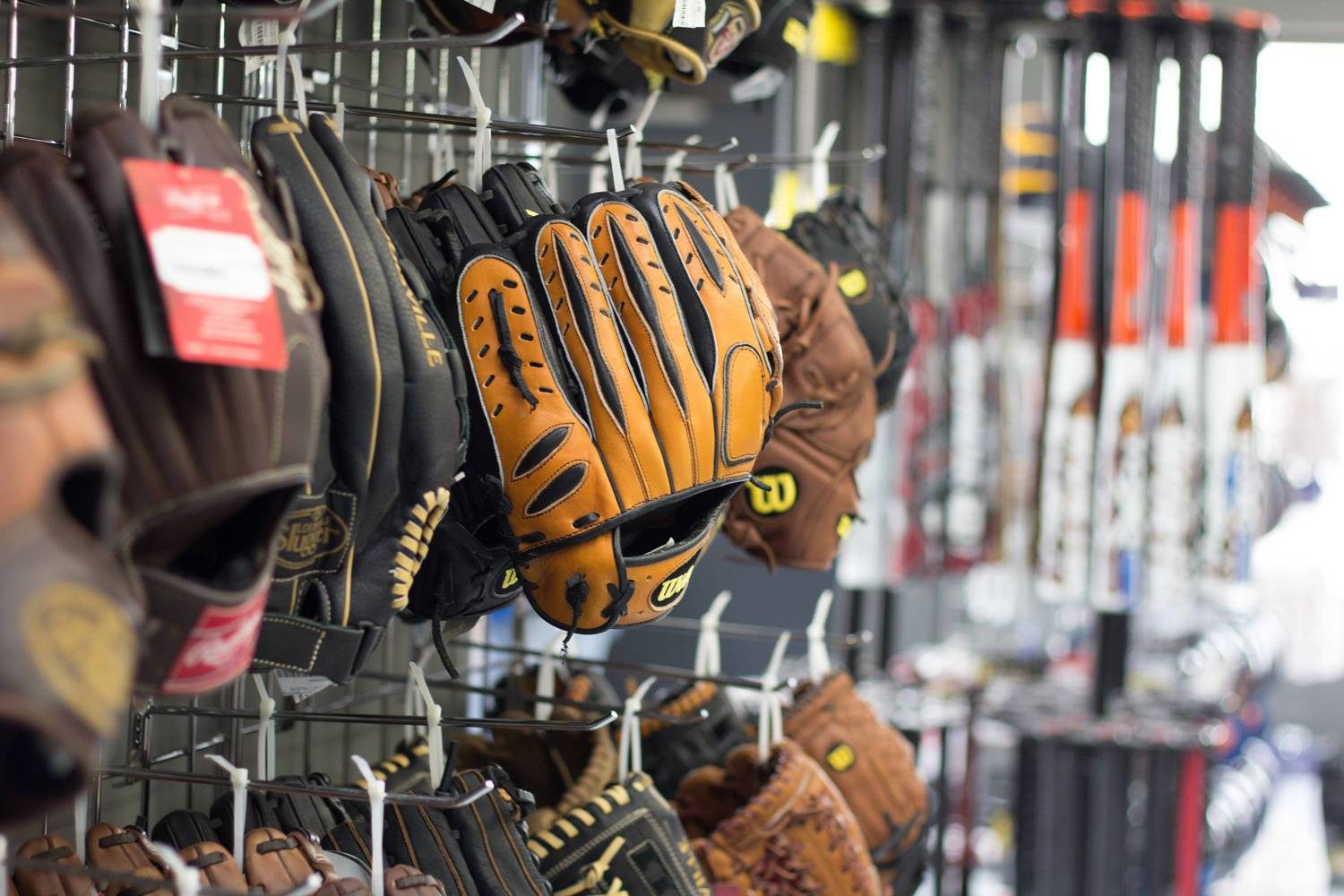
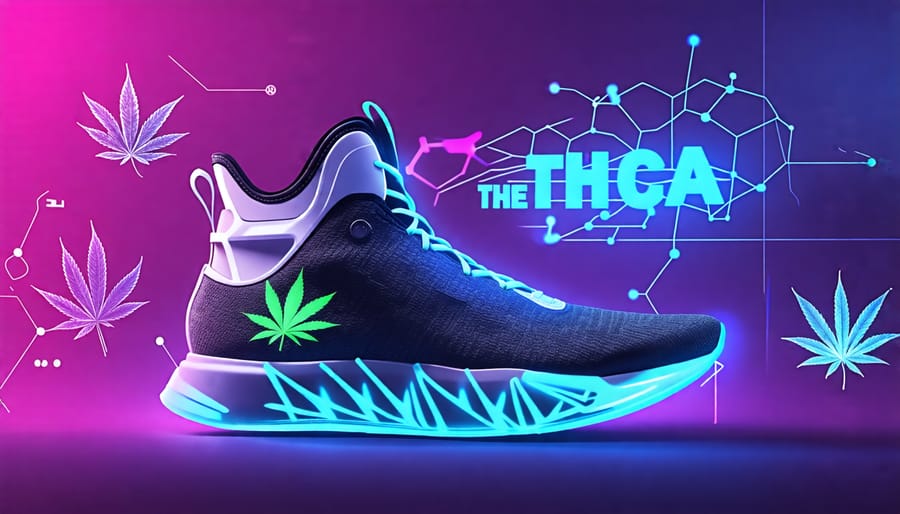
Explore using THCA-infused materials to enhance the durability and performance of sports gear, offering athletes improved resilience and functionality. Leverage its anti-inflammatory properties to expedite recovery, reducing downtime after intense workouts or competitions. Understand supply sources and navigate purchase options through trusted platforms like DOPEBOO for dependable product guidance. Integrate THCA in sports equipment like golf clubs and basketball shoes to boost flexibility and strength without compromising comfort. Embrace cutting-edge advancements in Canadian sports to maintain a competitive edge and elevate athletic experiences both locally and internationally.
Tetrahydrocannabinolic acid (THCA) is a non-psychoactive cannabinoid found in cannabis plants. Unlike its well-known counterpart THC, which is responsible for the “high” associated with cannabis use, THCA does not produce psychoactive effects. This distinction makes THCA particularly noteworthy in contexts where psychoactivity is undesirable, such as in sports equipment and recovery applications. Research suggests THCA may offer anti-inflammatory and neuroprotective benefits, potentially aiding athletic recovery and injury prevention. Its non-psychoactive nature allows athletes to incorporate it into their routines without compromising performance or experiencing cognitive impairment. As interest in cannabinoid applications grows, understanding the unique properties of THCA provides valuable insights for sports facility operators and organizations looking to harness its potential benefits effectively.
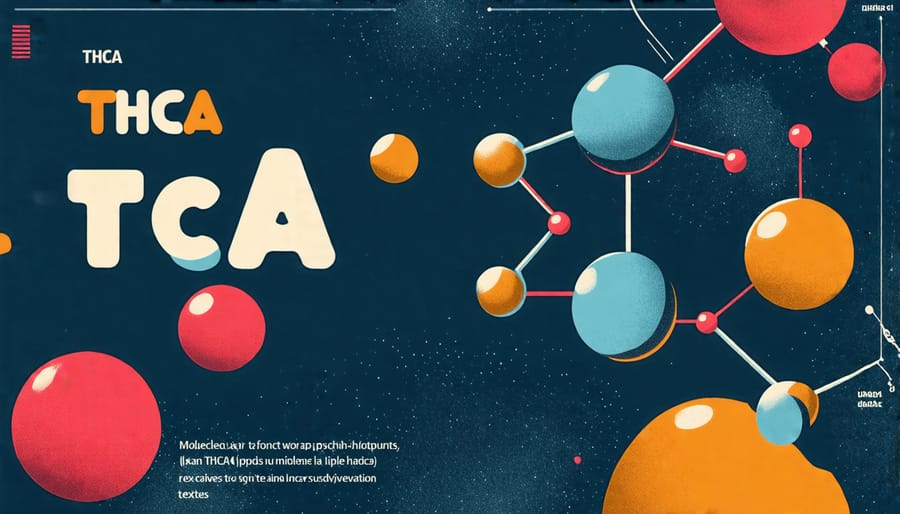
THCA, or tetrahydrocannabinolic acid, is gaining attention for its potential benefits for athletes, particularly regarding anti-inflammatory and pain relief properties. As athletes continuously push their physical limits, inflammation and pain can become significant obstacles. THCA, a non-psychoactive compound found in cannabis, may provide a natural alternative for managing these issues. It is believed to inhibit specific enzymes responsible for inflammation, which helps in reducing swelling and pain in muscles and joints. Unlike traditional medications, THCA could offer relief with fewer side effects, presenting an attractive option for those involved in high-intensity activities. With Canada leading innovations in sports recovery, exploring THCA’s advantages could revolutionize how athletes approach both rehabilitation and performance. As the understanding of THCA advances, its integration into sports recovery routines becomes increasingly feasible, benefiting athletes across various disciplines.
The development of THCA-infused sports gear marks a significant advancement in athletic equipment, offering new benefits for athletes, sports organizations, and enthusiasts alike. THCA, a non-psychoactive compound found in cannabis, is increasingly being integrated into sports gear for its potential anti-inflammatory and analgesic properties. These unique characteristics make THCA an appealing addition to sports pads, clothing, and other protective equipment.
The integration process of THCA into textiles and padding materials involves embedding compounds into the fibers, similar to approaches used in products like CBD-infused apparel. This methodology ensures that athletes can enjoy supportive and potentially therapeutic benefits directly from their sports gear. Canadian companies are at the forefront of this innovation, focusing on creating cutting-edge, THCA-infused products that cater to the needs of both professional and recreational users.
In sporting activities like golf and basketball, where repetitive motion and impact are prevalent, using such gear can be especially advantageous. As athletes seek ever-improving ways to enhance performance and recovery, THCA-infused items present a new frontier. With growing awareness and availability, this type of sports gear could reshape how athletes approach both protection and post-activity recovery, while aligning with the increasing demand for environmentally conscious, health-enhancing products in the Canadian market and beyond.
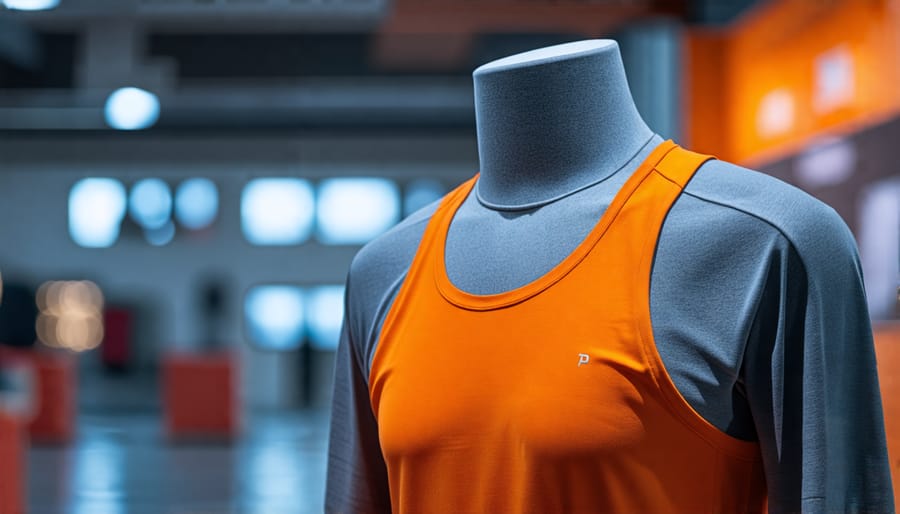
THCA-infused sports equipment is emerging as a groundbreaking innovation that enhances both performance and safety for athletes. THCA, or tetrahydrocannabinolic acid, is known for its anti-inflammatory and pain-relieving properties, which are crucial in reducing post-exercise soreness and expediting recovery. By integrating THCA into sports gear, such as compression wraps and braces, athletes can benefit from localized relief, allowing them to perform at their best with reduced downtime between sessions.
The application of THCA in protective sports equipment, such as helmets and padding, is another significant development. The added layer of protection this offers is especially valuable in contact sports like hockey and football, where the risk of injury is higher. THCA-enhanced materials can contribute to better shock absorption, reducing the impacts that often lead to concussions and other serious injuries.
In the Canadian market, where sports are a vital part of cultural identity, the adoption of THCA-infused gear could set new safety and performance standards. For sports organizations, the potential to enhance athlete safety while supporting peak performance offers a compelling reason to consider THCA-enhanced equipment. Meanwhile, municipal officials and facility operators might find this innovation aligns with efforts to promote health and safety in local sports programs, ultimately benefiting athletes both in Canada and internationally.
The use of THCA-infused topicals and supplements is on the rise among athletes seeking effective recovery solutions. These products, including creams, balms, and capsules, leverage the natural properties of tetrahydrocannabinolic acid (THCA) to aid in muscle recovery, inflammation reduction, and pain relief. Athletes and sports enthusiasts in Canada and beyond are increasingly turning to these alternatives due to their potential benefits and non-intoxicating nature. While research on THCA is ongoing, anecdotal evidence suggests a promising role in enhancing recovery times without the psychoactive effects associated with THC.
When it comes to sports recovery, topicals such as THCA-infused salves are applied directly to the skin, allowing athletes to target specific areas of soreness or injury. This localized application provides a convenient and direct method for addressing inflammation and promoting healing, making it a preferred choice for those seeking relief from aches and joint stiffness. Meanwhile, THCA supplements offer a broader approach, delivering potential anti-inflammatory and antioxidant benefits throughout the entire body.
The growing interest in these products underscores a shifting perspective towards more natural and holistic recovery options in the athletic community. As the market expands, it’s essential for sports facility operators and athletes alike to stay informed about the latest advancements in THCA applications to optimize recovery and performance safely.
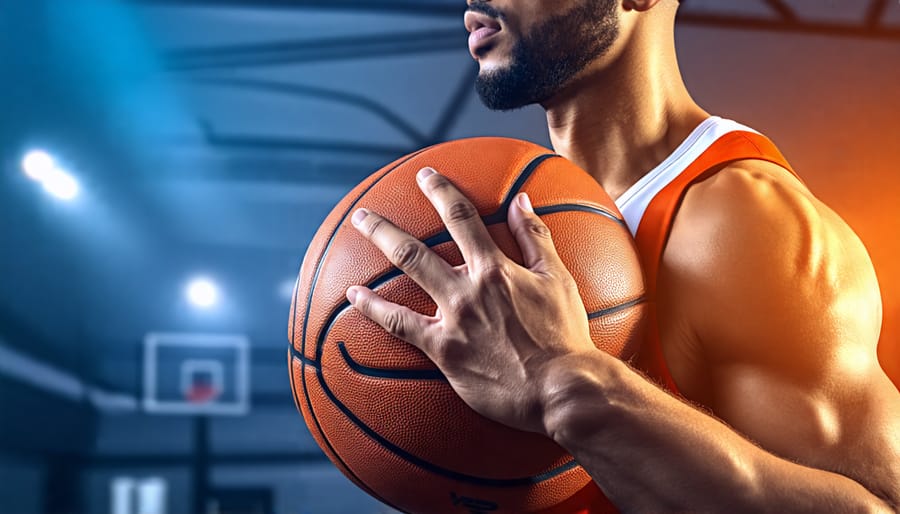
Athletes seeking to enhance their recovery protocols can effectively incorporate THCA by understanding its natural properties in promoting wellness. THCA, or tetrahydrocannabinolic acid, offers potential benefits such as anti-inflammatory properties, which can aid athletes in reducing soreness and improving overall recovery time. Integrating THCA into a post-workout routine can complement existing practices like stretching and hydration. For instance, topical applications such as creams or balms infused with THCA can be directly applied to strained muscles to alleviate tension and discomfort.
Furthermore, athletes can explore THCA’s role in dietary supplements or as part of nutritional shakes, potentially aiding in the reduction of inflammation. These supplements should be integrated alongside a balanced diet to maximize recovery benefits. It is crucial for athletes to consult with healthcare professionals to determine suitable dosages tailored to their individual needs and to ensure compliance with relevant sports regulatory guidelines. By incorporating THCA thoughtfully, athletes can potentially improve athletic performance and recovery, allowing for better training outcomes and enhanced well-being. Overall, THCA presents a promising addition to comprehensive recovery programs, offering an innovative approach for athletes across various sports disciplines in Canada and internationally.
In the realm of golf, recovery is crucial for maintaining optimal performance and preventing injuries. THCA, a non-psychoactive compound found in cannabis, emerges as a promising solution for muscle recovery and joint pain relief. Known for its anti-inflammatory properties, THCA can help alleviate soreness and stiffness experienced after long rounds or intense practice sessions. By reducing inflammation, golfers may experience enhanced flexibility and a quicker return to the game. Although still under research, THCA’s potential benefits are gaining attention among athletes seeking natural recovery methods. Especially in Canada, where the sports community is vibrant, integrating THCA into recovery regimes could lead to more holistic wellness practices. Its application in sports equipment and recovery could revolutionize how golfers manage post-exertion discomfort, aligning with the industry’s growing focus on sustainable and innovative health solutions.
Basketball players often face challenges like strains, sprains, and fatigue, necessitating effective recovery strategies. THCA-infused materials in basketball equipment can provide significant benefits. Incorporating THCA, a non-psychoactive cannabinoid known for its anti-inflammatory properties, into sports gear such as compression garments and padding, can help reduce swelling and pain from common injuries. This application not only accelerates recovery time but also enhances overall performance by maintaining flexibility and minimizing downtime. Additionally, THCA supports joint health, particularly beneficial for basketball players who experience consistent impact on knees and ankles during games. As Canada leads innovations in sports technology, such developments in THCA-based equipment align with athletes’ specific recovery needs, offering an advanced, natural approach to maintaining peak performance.
Leveraging THCA in sports equipment and recovery presents significant benefits for athletes and sports enthusiasts alike. Its unique properties enhance performance by increasing durability and reducing the weight of equipment, which can be pivotal in sports like golf and basketball. Moreover, THCA’s role in athletic recovery is promising, promoting better well-being through efficient inflammation management and faster recovery times. These advantages position THCA as a valuable component in advancing sports technologies, aligning with the growing demand for cutting-edge solutions in Canada’s sporting industry and beyond. As research continues, THCA’s potential to revolutionize athletic performance remains compelling.